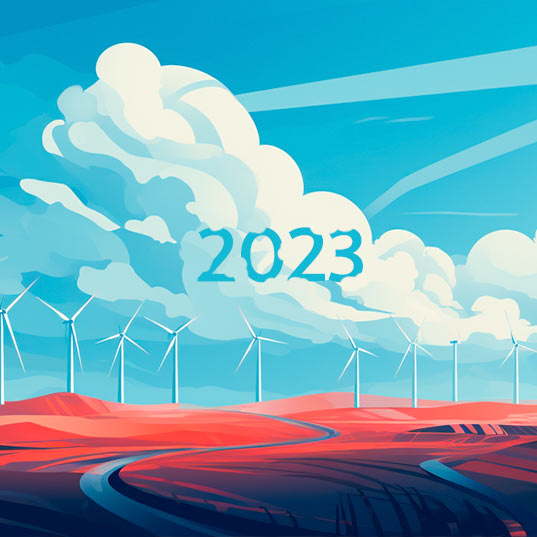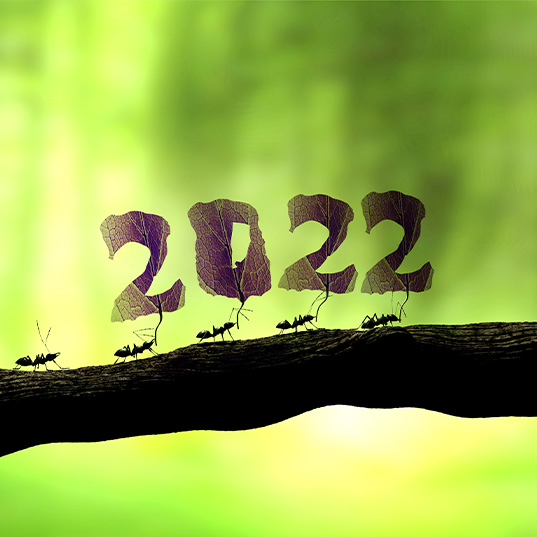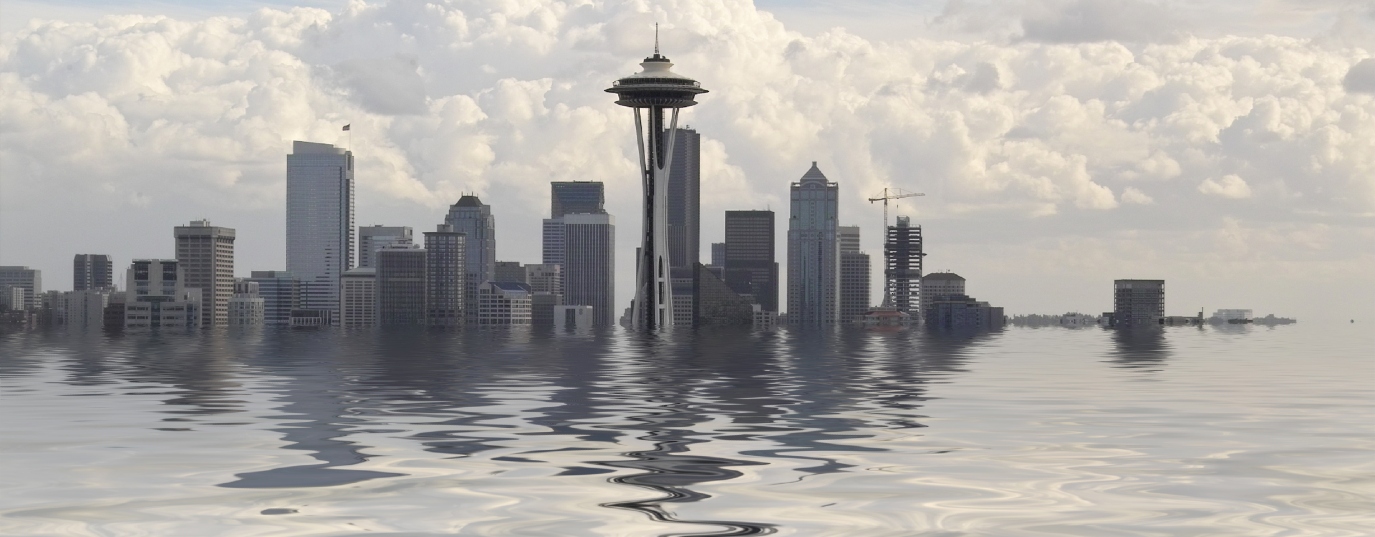Do you know when sustainability first appeared?
Appeared for the first time in 1987 in the famous Brundtland Report produced by several countries for the UN.It seems incredible but the 'sustainability' concept as we know it today dates back to under 30 years ago: it appeared for the first time in 1987 in the famous Brundtland Report (also entitled 'Our Common Future') produced by several countries for the UN.
The report, produced by a commission led by Doctor Gro Harlem Brundtland uses the term sustainable development as we understand it today for the first time. In reality it came about due to the overriding need to study and identify the impact human activity has on the environment, something completely necessary and which does date back to some years earlier. 
'The origin of the "sustainability" concept dates back to less than 30 years ago'
In 1798, Thomas Malthus published his ' An Essay on the Principle of Population' where he set out his famous 'theory of population'. This theory states that the population tends to grow quicker than resources. This is true today in an overpopulated world where resources are exploited ever further. The planet has no time to regenerate!
The term 'sustainable development' first appeared in an official document signed by thirty-three African countries in 1969, under the auspices of the International Union for Conservation of Nature (IUCN). In the same year, the Environmental Protection Agency was set up in the United States whose guidelines have had a huge impact on developing theories and practice in global environmental policies. The law that constituted the NEPA (the National Environmental Policy Act from 1969), defined sustainable development as: 'economic development that may have benefits for current and future generations without harming the planet's resources or biological organisms'.
These two aspects are what characterised the important 'Brundtland Report' which has undoubtedly been what brought the problems of development for the planet and for our future strongly to the fore with the concept of sustainable development.
Sustainable development was defined in the Brundtland Report as meeting 'the needs of the present without compromising the ability of future generations to meet their own needs'. As we can see, since 1798 to present, solutions have been sought for the same problems, which are ever more serious and clear. For the first time, a concept had been established to relate humanity's development with the need to manage resources in the best way possible. This meant a very important change in terms of sustainability, mainly ecological. It also represented something extremely important - framing it in the economic and social context of human development.
For the first time, we seem to have understood that the world is not as limitless as we thought.
Therefore, it is thanks to the introduction of the concept of sustainability and sustainable development that once and for all we have understood the need for global approaches and solutions; all problems are interconnected and they must be dealt with globally since the problems themselves are global. Natural resources are running out, pollution knows no borders, there is a palpable and irreversible loss of biodiversity and there are proven effects of climate change... Are we going to continue to fail to act in light of these events? If we do not undertake a rapid change towards more sustainable development, there could be catastrophic consequences in the not-too-distant future.
What measures can we take to change this situation? More global conferences and agreements? More education? More of us making demands on governments?
Learn more about sustainable development and the Global Goals.







